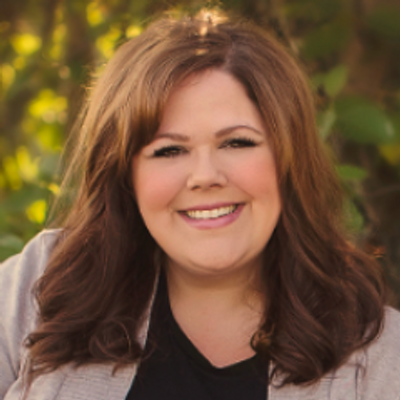
Q1) First, can you tell us what the priorities of WHWF in Spokane are for 2020? Have they shifted due to the pandemic?
A1) Women Helping Women Fund is committed to building a large community of educated, strategic givers who are inspired to make lasting change. With donor support, we awards grants for local programs, scholarships to young mothers and provide research to inform and affect policy impacting women and children in Spokane County.
Both fundraising and grantmaking look different during the pandemic. The goal this year was to allocate more funds to few nonprofits to make a bigger impact in the community.
Q2) How does WHWF use data? What are the key measures you are now tracking?
A2) We focus on issues that empower women and children to create healthy families and vibrant communities. Last year, we released a landmark collaborative report on the State of Women and Children in Spokane County. This report signified a shift in focus for our organization. We have access to health, economic, and nonprofit data from many different organizations. We asked—what if we synthesized that data through a lens focused on women and children?
Not only would we be able to see where the greatest need was and adjust our funding to proactively tackle issues, we could also track need over time to see if we were helping to actually making a difference. In addition, we could share this information with non-profit agencies, city and county officials, and other organization to help focus on areas that the data indicated were gaps and needed attention.
This project confirms that social and economic factors in Spokane County are key in determining the quality of life for women; by extension, they strongly influence the lives of children and family here. Opportunity and privileges are unequal. Therefore, life experiences, and health and well-being, especially among those living in poverty, are unequal. As the report shows, we have a lot of work to do. But we know that we can do it together.
Q3) Are there measures on Spokane Trends that your organization pays special attention to? If so, can you tell us what they are?
A3) Absolutely. We pay special attention to income and poverty trends through Economic Vitality, Early Learning trends and Education Attainment trends.
Q4) You have been professionally active in Spokane for 15 years now, holding jobs in both the private and non-profit worlds. Over this time, have you noticed a change in the attitude among colleagues toward data and decision-making?
A4) Yes, I've seen many organizations in both private and nonprofit sectors focus more on data informed decision making in recent years. It's also been surprising to see the number of organizations that have implemented excellent processes for data collection but still lack the tools to analyze data effectively.
Q5) This year, you are the chair of the board of Priority Spokane. What issues and then measures is Priority Spokane now putting center stage of its work?
A5) Priority Spokane will be focused on further researching, expanding, and reinforcing the use of peer support to address family trauma and violence in our region.
